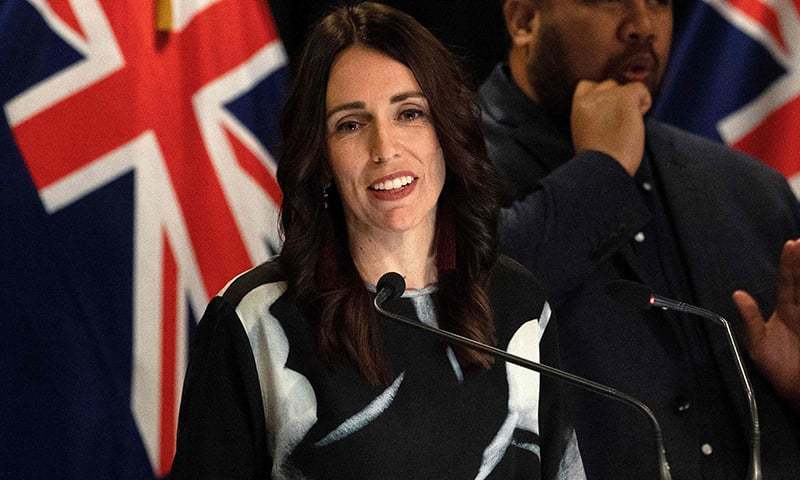New Zealand ‘absolutely missed’ Australia, PM Jacinda Ardern says
New Zealand Prime Minister Jacinda Arden says the country has “absolutely missed” Australia after the coronavirus pandemic led to borders being shut for more than a year.
Ms Ardern appeared on Today this morning and said she was looking forward to welcoming back Aussies from April 19.
The quarantine-free trans-Tasman travel bubble, between Australian and New Zealand, is slated to start from 11.59pm on Sunday, April 18.
“I can’t believe I’m saying this, but we have absolutely missed you,” she said.

“We want you to come and see us again. Distance makes the heart grow fonder, that’s definitely the case for us here.”
When asked why the Australia-New Zealand travel bubble took so long to implement, Ms Ardern said she wanted to “get it right”.
She believed the country could now manage COVID-19 outbreaks safely, meaning the two-way bubble could be more flexible than first planned.
“If you think about when we first started talking about having a trans-Tasman arrangement, we were talking about the test being 28 days free of any case outside of a managed isolation facility and the time that we have taken to establish this protocol and this arrangement, we have learnt so much,” she said.
Air New Zealand staff celebrate borders reopening with Australia
“We now believe and know that we can safely manage outbreaks without necessarily having that prolonged month-long period in the aftermath of a case.
“Time has been of benefit to us. I think we now have a regime that will be flexible, but pretty sophisticated, and ultimately it means now we are in a position to welcome you here and to do it safely, which is what we are all so excited about.”
The travel bubble would work similarly to how Australian states and territories implement border closure measures when COVID-19 outbreaks flare up in certain areas.
Ms Ardern said Australia and New Zealand viewed each other as “another state” in a way.
“Anyone in Australia who is travelling between states is prepared for outbreaks and there possibly being disruption, and again can’t believe I am saying this, view New Zealand as another state in that way,” she said.

“If there is a hot spot in one of the states of Australia, we may just act in the same way that another state would, with just limitation of people to come in and out of our borders until that issue is resolved.
“We are trying to make it as simple for travellers as possible. Just prepare that there may be disruptions.”
Australians will not be required to be vaccinated in order to travel to New Zealand, Ms Ardern said.
Ms Ardern pointed out that is why the travel bubble had been able to be implemented so “quickly”.
“New Zealand and Australia are in a very lucky position,” she said.
“With the strategy that we have had, it has meant that the vaccine for us hasn’t been a question of life and death in the same way it has in other parts of the world.
“Those countries that are working very hard to roll out those vaccines, it’s in order to get the freedoms we already have.”
New Zealand travel bubble announced
However, travellers will be required to provide their contact details, use New Zealand’s COVID-19 contact tracing app and wear a mask on the plane.
Ms Ardern said they were still awaiting evidence that demonstrated people travelling from high-risk countries would not pose a threat, before establishing a vaccine passport system.
New Zealanders were most looking forward to being reunited with loved ones from Australia, the prime minister said.
“The most important thing you’ll hear from Kiwis is just that reunification,” she said.
“While I was standing on the podium behind me yesterday making this announcement, I wouldn’t have been off the podium for more than five minutes and a friend sent me a screenshot of her flights to come to New Zealand.
“You won’t find a Kiwi that won’t have a story of someone in Australia that they have missed and they really want to welcome back.”
The travel bubble would also boost tourism in the country, Australia making up about 40 per cent of the industry, worth about $2.7 billion.
“It is an added bonus,” she said.
“But nothing like the human-to-human contact for us that is so important.”








